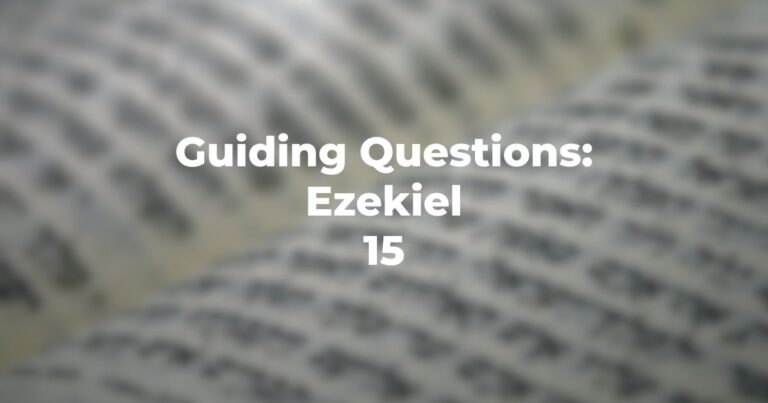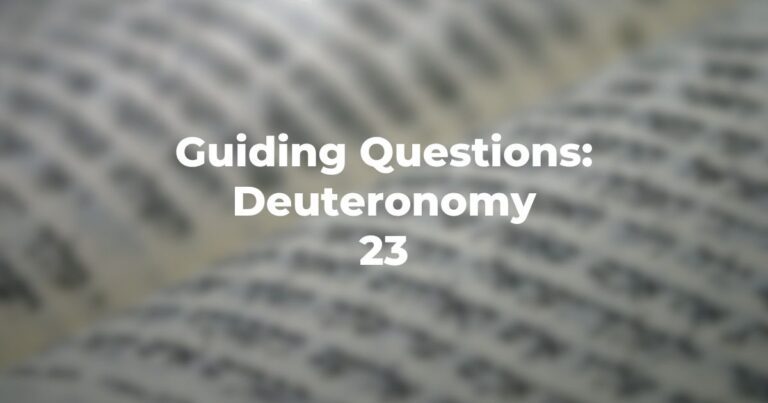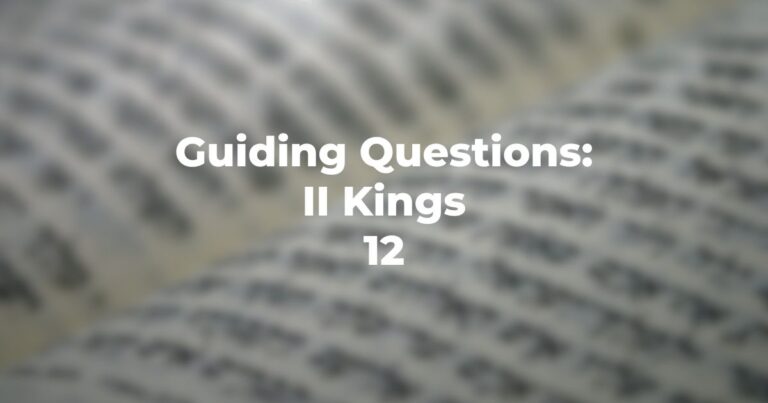- Does the composer of Psalms 109 indicate who are the wicked and the deceitful (Psalms 109:2)?
- Do Psalms 109:3-5 indicate how the Psalmist “loved” those who are attacking and denigrating?
- However, with Psalms 109:6, would it appear that the enemies are numerous or that, indeed, there is but one? Psalms 109:7-15 are a series of verses directed against this “individual”, in terms of economics, family. Is there any indication of what the cursed individual may have done to warrant these curses?
- In Psalms 109:20, however, the author once again returns to the plural; would the preceding passages be addressed to each of those who have caused him anguish?
- Having cursed his enemies, what is now requested by him of God (Psalms 109:21-26)?
- If that which is called for in Psalms 109:28-29 comes first, what will be the action of the Psalmist?
- Note the verb in Psalms 109:31 “lehoshia” which, transposed to a particular name, and to an altogether different era, has resulted in the application of this Psalm to another faith and to a basic theological premise of that faith; which faith might it be?
Author
-

Exploring Judaism is the digital home for Conservative/Masorti Judaism, embracing the beauty and complexity of Judaism, and our personal search for meaning, learning, and connecting. Our goal is to create content based on three core framing: Meaning-Making (Why?), Practical Living (How?), and Explainers (What?).
View all posts




